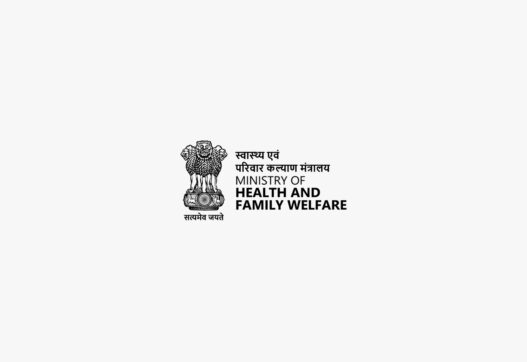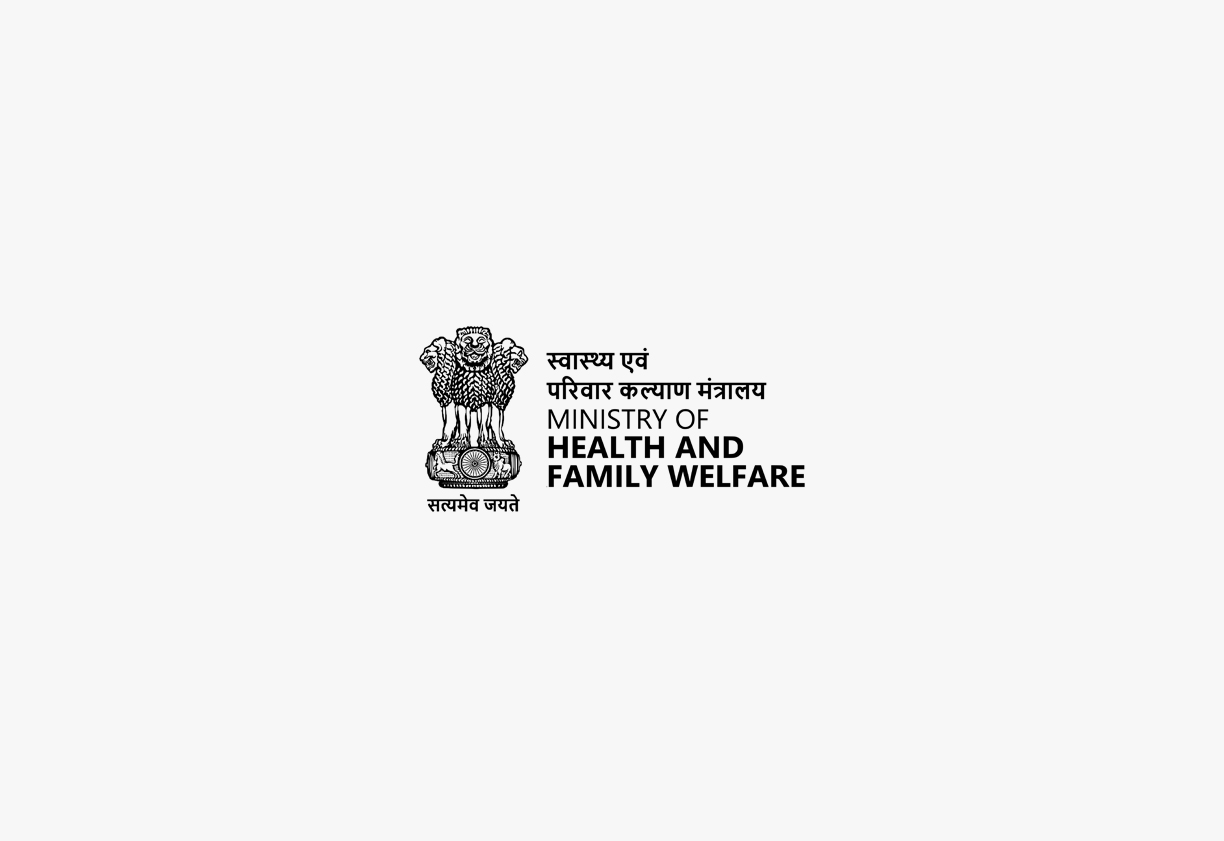Ministry of Health and Family Welfare
The Pre-conception and Pre-natal Diagnostic Techniques (Prohibition of Sex Selection) Act, 1994, aims to prohibit sex selection before or after conception and regulates pre-natal diagnostic techniques to prevent their misuse for sex determination, thereby combating female foeticide.
1: Act Background and Ministry Under Which This Act Is:
The Pre-conception and Pre-natal Diagnostic Techniques (Prohibition of Sex Selection) Act, 1994, was enacted to address the issue of sex selection before or after conception and to regulate pre-natal diagnostic techniques to prevent their misuse for sex determination. This act aims to combat female foeticide and promote gender equality. The act falls under the administrative purview of the Ministry of Health and Family Welfare, which is responsible for overseeing the implementation and enforcement of regulations related to pre-natal diagnostic techniques and sex selection. The ministry plays a crucial role in promoting gender equality and preventing sex-selective practices.
2: Enactment Date, Number of Chapters, Number of Sections:
The Pre-conception and Pre-natal Diagnostic Techniques (Prohibition of Sex Selection) Act, 1994, was enacted on 20th September, 1994, and is known as Act No. 57 of 1994. The act is structured into eight chapters. It comprises 34 sections, covering various aspects such as definitions, regulation of genetic centers, regulation of pre-natal diagnostic techniques, constitution of supervisory boards, registration of clinics, offenses and penalties, and miscellaneous provisions. The act has been amended to reflect changes in medical technology and social needs.
3: Act Governed By:
The Pre-conception and Pre-natal Diagnostic Techniques Act is governed by the Central Government, which has the power to make rules and regulations under the Act. The act also provides for the establishment of a Central Supervisory Board and State Supervisory Boards to oversee the implementation of the act. The act is governed by the provisions outlined within it, as well as rules and regulations framed by the Central government. It is a combination of central and state oversight.
4: On Whom It Is Applicable:
The provisions of the Pre-conception and Pre-natal Diagnostic Techniques Act are applicable to all individuals and entities involved in pre-natal diagnostic techniques and sex selection in India. This includes genetic counseling centers, genetic laboratories, genetic clinics, medical geneticists, gynecologists, paediatricians, sonologists, imaging specialists, and any person involved in conducting or promoting pre-natal diagnostic techniques. The act is intended to prevent misuse of technology for sex determination.
5: Penalties/Punishments:
The act prescribes various penalties for offenses, including:
-
Advertisement of Sex Selection: Advertising pre-natal sex determination or sex selection techniques can lead to imprisonment and fines.
-
Conducting Illegal Tests: Conducting pre-natal diagnostic techniques for sex determination attracts imprisonment and fines.
-
Contravention of Provisions: Contravention of other provisions of the act can lead to imprisonment and fines. The act seeks to deter sex-selective practices and ensure ethical medical conduct.
6: Important Pointers:
-
Prohibition of Sex Selection: The act prohibits sex selection before or after conception.
-
Regulation of Pre-natal Techniques: It regulates pre-natal diagnostic techniques, allowing them only for specific purposes.
-
Central Supervisory Board: It establishes a Central Supervisory Board to advise the government.
-
State Supervisory Boards: It provides for the formation of State Supervisory Boards to oversee implementation at the state level.
-
Registration of Centers: It mandates the registration of Genetic Counseling Centers, Genetic Laboratories, and Genetic Clinics.
-
Written Consent: It requires written consent from the pregnant woman before any pre-natal diagnostic procedure.
-
Confidentiality: It prohibits the communication of the sex of the foetus.
-
Stringent Penalties: It prescribes stringent penalties for violations of the act. The act’s focus is on preventing sex-selective practices and promoting gender equality.
7: Act Copy:




